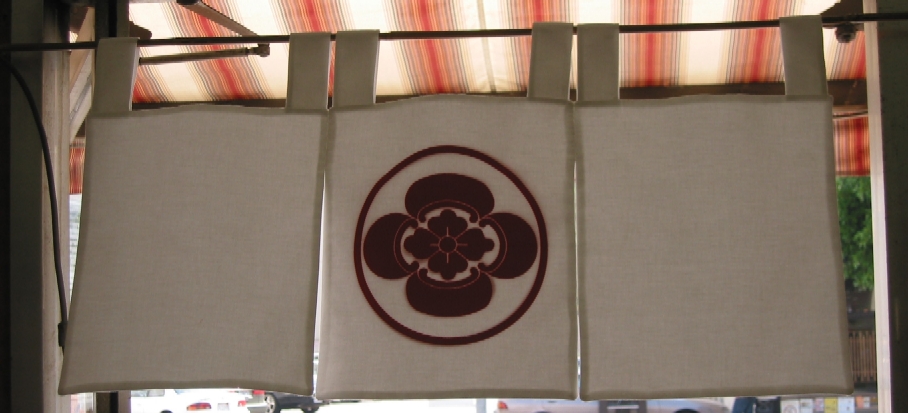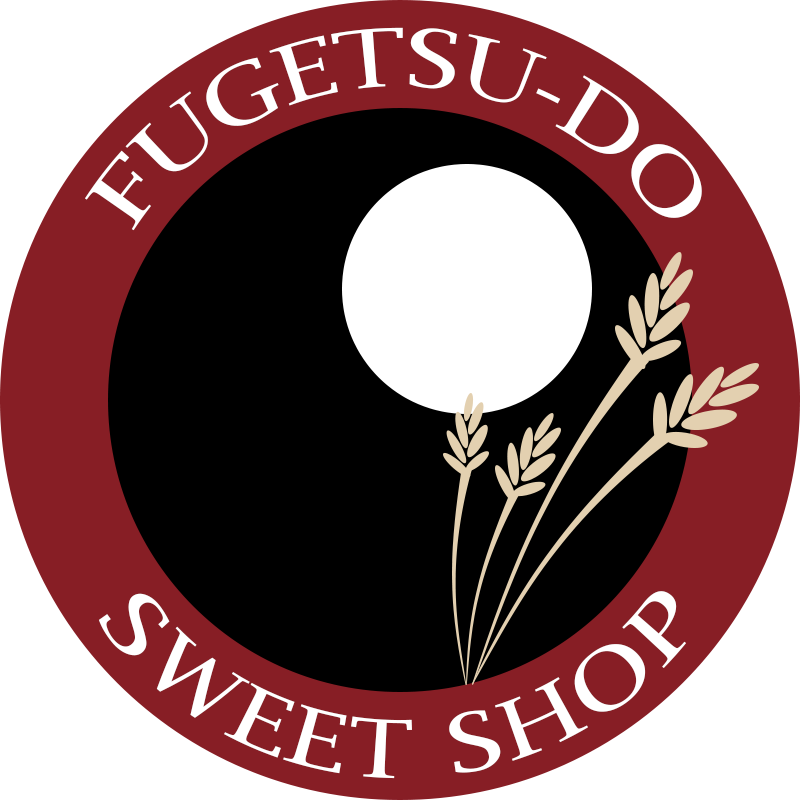
A Memory of Fugetsu-Do
by Sandra Mizumoto Posey
Fugetsu-Do is a small and unassuming Japanese sweet shop located in downtown Los Angeles: Bags of rice crackers and imported candies are piled on a low shelf in front of an obviously antiquated soda fountain. A long glass counter displays freshly prepared confections of rice taffy, cake, and sweet bean paste. Along the ceiling, surrounding the perimeter of the store are old Japanese-style prints. Sunlight floods in through the front display windows, across hundred-year-old fortune cookie molds, silk-screened posters for the Obon festivals at local Buddhist churches, and an array community service awards collecting dust. With its linoleum floor worn down through decades of use, upon first inspection the physical trappings of the First Street establishment could be perceived as rundown, homey, or both. Yet, as Brian Kito, its third generation proprietor explains, this environment is not a result of neglect:
"I thought at one point to remodel this entire place and, since the area became a historic district it changed my mind.... A lot of old customers are starting to come back and the first thing they say... 'It's exactly the way I remembered it.'"
Kito places great emphasis on the quality and craftsmanship of his products. He has a small corps of skilled workers who help him in the task, but during production Kito is usually right in the midst of all the action, stirring bean paste in a handmade copper kettle owned by his grandfather, kneading mochi (rice taffy) on the long wood table, deftly shaping the delicately colored confections with his fingers. Kito notes that training a worker to make the most basic of manju varieties takes approximately one year. In order to become a master, a Shokunin, one needs to train for about ten years. Kito has been practicing his craft for 21 years and he doesn't plan on on altering the way he has done things for decades:
"For something in this world that has not changed-- that they can come to Little Tokyo which is supposed to be over a hundred years old and there's something still here that generation that's still alive remembers when they were a kid."
Founded in 1903, Fugetsu-Do is, after all, the oldest business in Little Tokyo. Kito's grandfather Seichi is said to be the originator of the fortune cookie. The orginal molds still sit in the window collecting dust and memories. On festival days during the month of August, Kito sets up a snowcone stand outside, just as he did when he was a kid. Ondo dancers parade down the street in kimonos while old women and children sit on the sidewalk eating sweetened bean paste atop a bed of shaved ice. "Little Tokyo is a small little world," explains Kito, "but it's my world now. I live down here I work down here. Everyone in the street, I know. It's like living in a big city and having a small town mentality."
